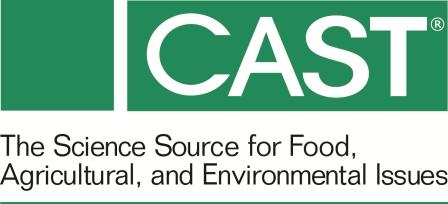Our Mission Is Her Philosophy
 |
| Alyssa displayed her research on colonial kitchens in Ross Hall at Iowa State University during the '17-18 academic year. |
“A lot of my accomplishments are based on my research and academics. I’ve always grounded my life in school; although I do have a gold medal from tennis back in high school—it hangs nicely on my wall,” she added with a chuckle.
The graduate student has a forthcoming book review in Food, Culture, and Society. She was also invited to speak at events for History Camp Iowa in Des Moines and the Daughters of the American Revolution—both occasions covered her undergraduate research about colonial kitchens in Virginia.
While academics take up much of her time, Alyssa loves creating new adventures with her partner, Caleb Lumley (they married last summer at a spot overlooking the Mississippi River). Both are dedicated mini-golfers; their goal is to play the game in all 50 states—regardless of what the forecast may be.
“We were in Washington, D.C., last April—they have the oldest, continuously running mini-golf. It was raining and I called ahead to make sure I could play,” Alyssa says. “They had to open the gates up for us—it was fun.”
While Alyssa would like to explore more of the U.S. with her partner, she is excited to contribute to CAST’s mission to communicate credible, balanced, science-based information to various members of the public, the media, and policymakers.
“That’s really what I try to do with history—not just keep it in the academic circle, but make sure the public understands it,” Alyssa says.
Transparency through science communication is critical in today’s divisive climate, she states. This is why Alyssa is excited to work at CAST toward its ultimate goal of providing a trusted source for agriculture-related issues.
“To have science-based publications coming out with incredible knowledge from subject matter experts gives people something they know they can trust and rely on for their own research and benefits,” she says. “If you’re a farmer or a scientist or a public member, knowing you can trust us as a reliable source, I think, is very beneficial.”
We are happy to have you on board, Alyssa, and we look forward to your contributions for CAST, its members, and beyond.
Have a question about memberships?
If you would like to renew your membership or discuss which type of membership is right for you, contact Alyssa at ayanni@cast-science.org.
By Kimberly Nelson
(Photo courtesy of Alyssa Yanni)

